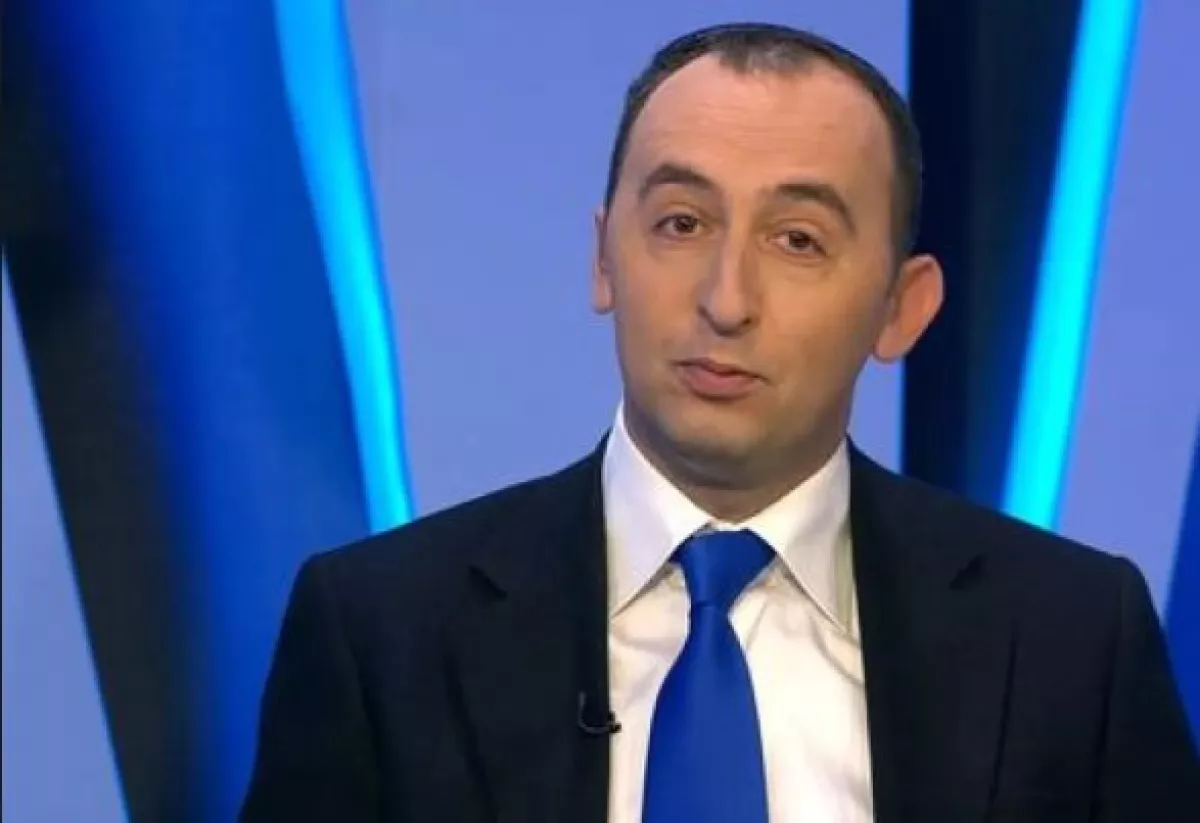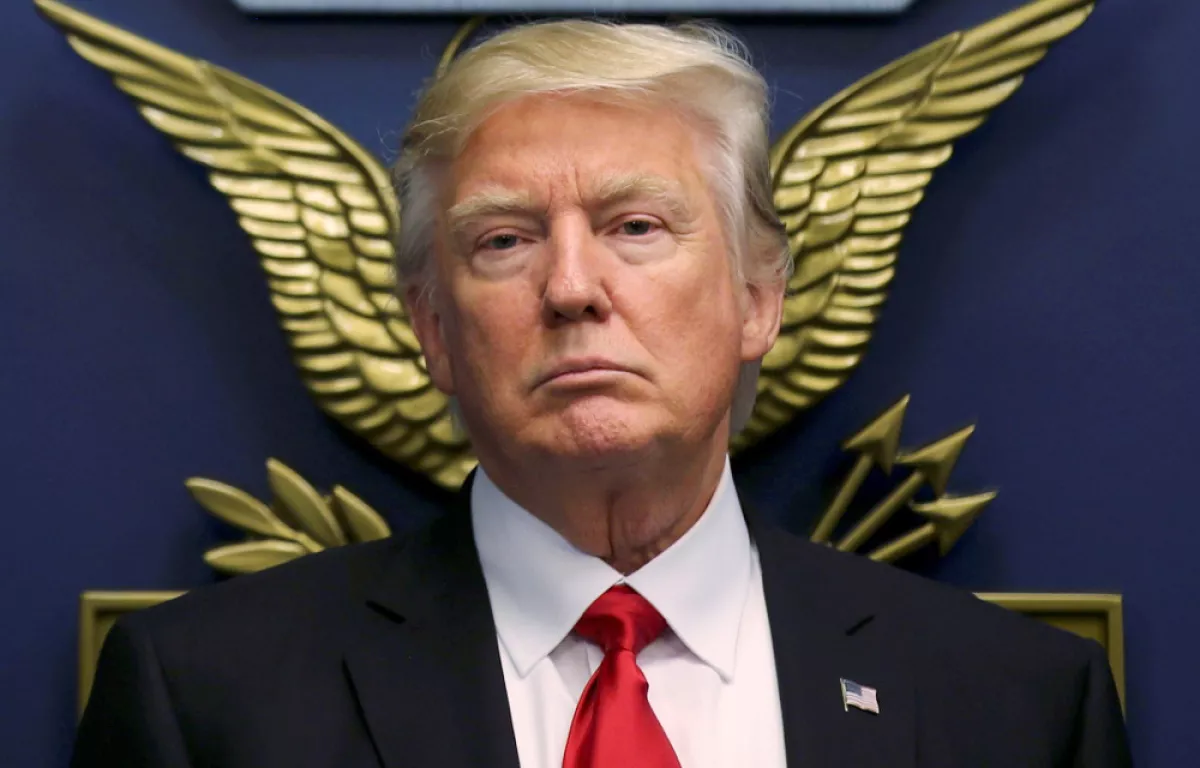Iran vs Israel: Will it all be limited to airstrikes? Expert opinions on Caliber.Az
The new phase of the war between Israel and Iran has shocked the world with its scale, audacity, and precision. Tensions in the region remain high, and it is impossible to predict how long this conflict will last. One thing is clear — the situation has entered an entirely new dimension, and its consequences can no longer be reversed.
What exactly is happening? What prompted such a decisive Israeli operation? Could it have been prevented, or was this a long-inevitable outcome?
Renowned Middle East experts shared their assessments of the unfolding events in an interview with Caliber.Az.

Israeli journalist and historian Shimon Briman emphasised that Israel’s preemptive strikes on Iran’s nuclear, military, and command sites stem from the perception of the Iranian nuclear programme as an existential threat to the Jewish state.
“We had no choice but to strike — it was a matter of survival. One of the lessons Jews learned from the Holocaust is this: believe those who say they want to destroy you.
The fanatical regime of the ayatollahs has repeatedly declared its goal — to wipe Israel off the face of the earth. Giving Tehran even the slightest chance to implement this plan was unacceptable,” the expert stated.
According to him, the operation against Iran had been in preparation for over 20 years, during which Israel amassed a comprehensive intelligence base. The target bank was continuously updated, and attack scenarios were meticulously refined. As a result, Israel carried out an astonishingly well-coordinated operation that eliminated senior IRGC and army officers, leading Iranian nuclear physicists, and struck nuclear facilities, missile bases, and command centres.
“Iran’s air defence has become one giant ‘hole in the sky’. The Israeli Air Force now operates over Iranian territory without restriction. Most remarkable were the Mossad special forces strikes launched from deep inside Iran — these will become case studies in military academies and the stuff of future films.

The IDF has made the impossible possible. And this is only the beginning: Israeli leaders have already warned that the June 13 attack is merely the first phase of a large-scale operation that will continue for several days — or even weeks.
The United States has stated that it will defend Israel in the event of an Iranian missile counterattack. Meanwhile, Tel Aviv still retains the option of expanding the strikes, including targeting Iran’s oil infrastructure — a move that could deal a final blow to the already fragile economy of the Islamic Republic,” Briman noted.
In conclusion, Briman highlighted several key points.
“First — Israel harbours no hostility toward the Iranian people. On the contrary, many in Israel would welcome the normalisation of relations with Iran after the (possibly imminent) fall of the ayatollah regime. Second — the June 13 operation served as a real-world visualisation of the ancient metaphor of the ‘colossus with feet of clay’, once used by historians to describe ancient Persia’s fall under the assault of Alexander the Great.
The country is ruled by incompetent fanatics who fear the ayatollah more than the enemy. And that is rapidly bringing Iran closer to military defeat. Israel has issued an ultimatum: if Iran responds, we will strike its refineries and collapse its economy. But if it allows its nuclear facilities to be destroyed without a serious response — its oil infrastructure will remain untouched. In the meantime, the Israeli Air Force has destroyed the airport in Tabriz,” the expert concluded.
Associate Professor of the Department of Contemporary East and Africa at RSUH and Senior Research Fellow at the Institute of Oriental Studies of the Russian Academy of Sciences, Lana Ravandi-Fadai, also offered her assessment of the situation. In her view, Israel deliberately aimed to derail the Iran–US nuclear negotiations — and succeeded.

“Judging by Tehran’s reaction, Israel’s operation has put an end to the dialogue. The Iranian authorities accused the United States of complicity and officially withdrew from the talks (although this may change as the current phase of the conflict winds down and tensions ease). There was indeed a chance for a deal — especially considering the unexpected softening of Trump’s stance on both Iran and Russia,” the expert noted.
She also recalled that during his first term, Trump imposed tough sanctions on both countries, but now not only refuses to introduce new restrictions, but is actively engaged in talks on their partial lifting.
“Netanyahu does not accept any agreement with Iran, which is why he took a preemptive step. Did Trump know about it? Absolutely. But Secretary of State Marco Rubio formally denied any involvement, stating that the US technically did not assist.
At the same time, Trump himself, known for his flamboyance — just recall his statements about annexing Canada or buying Greenland — is perhaps now merely watching with interest how the military clash between these two regional rivals will end,” Ravandi-Fadai suggests.

In her view, if Trump had taken the situation seriously, he could have pressured Israel to at least postpone the attack. But he did not.
Assessing possible scenarios, the expert believes that a full-scale regional war can still be avoided.
“Neither Iraq nor Syria will allow troops to pass through their territories — this would deal a severe blow to their already fragile economies. The conflict will be limited to airstrikes. This means that completely destroying Iran’s nuclear programme will not be possible, as key facilities are deeply buried underground.
Also, no uprising from the opposition inside Iran should be expected. The regime still has many loyal supporters willing to sacrifice themselves to maintain power. They will suppress any protests.
The only factor that could genuinely shake the regime is direct aggression from the United States, but that is unlikely. The Trump administration is not ready to get involved in yet another unpredictable Middle Eastern war,” she emphasises.
In her view, a more realistic scenario is internal political turmoil: growing criticism of the Iranian president from conservative hawks, accusations of intelligence and defence failures, impeachment, and the rise to power of even more hardline forces.
“In that case, Iran will not only restore its nuclear programme but also reject any compromises with the US, opting instead for military deterrence. Thus, even if the escalation does not lead to full-scale war, it has already jeopardised the Iran–US dialogue and pushed the situation beyond any predictable scenario,” the expert concludes.








